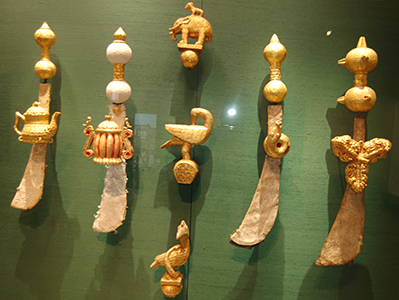Social And Cultural Systems
Social And Cultural Systems
Traditional institutions have always existed in Ghanaian society and have sustained society. Traditional or indigenous institutions refer to the structures and the units of organization of a society. These also include the norms, values, beliefs, and overall outlook that guide social interaction. The indigenous institutions shape and determine governance and leadership structures within the community. These structures cover political, religious, military, and economic systems within the community.
Values and beliefs, social norms and traditions, languages, ethnicity, and religions are tightly intertwined with the process of economic development — the conventional wisdom articulates. They create the social and cultural framework within which all development is perceived, communicated, achieved and valued. More specifically, the sociocultural peculiarities are connected with national pride and integrity, the organization of economic activities and administration, tastes and lifestyles, and class relations, to touch upon a few facts. They form a collective pool of experiences and world views out of which the subjective ‘micro worlds’ are construed. Spatially, they can be identical to a nation state, comprise a small locality or community, stretch to several neighbouring countries or even cover a vast geographical area, or be dispersed in a multiple spots (Wildavsky 1994: 141–142). Together, they can be named as culture.

